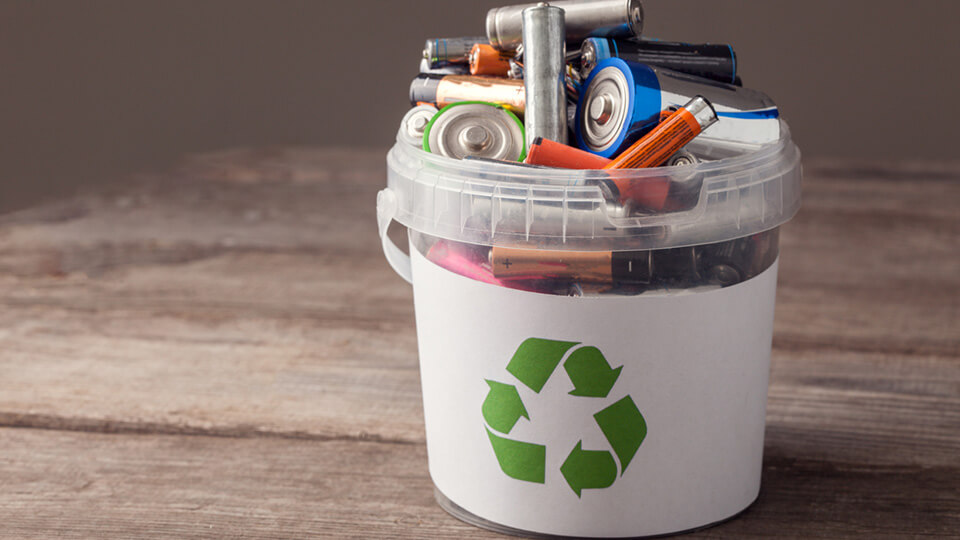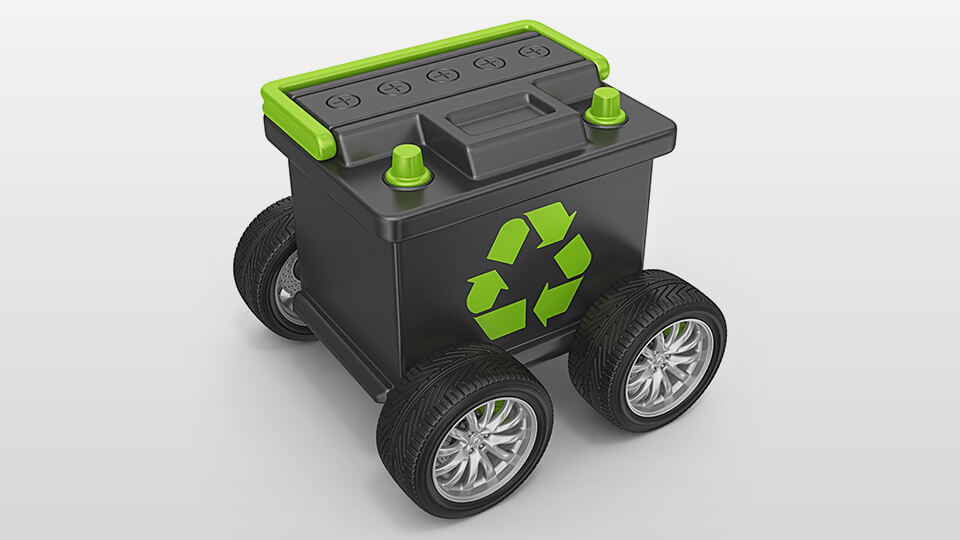Local councils are often at the forefront of recycling, and for decades they’ve been doing a great job collecting paper, cardboard, jam jars, steel cans and other everyday items that historically ended up in landfill.
But there are other types of waste that councils could, and should, be recycling.
Batteries are a good example. They are a common component of household waste for which effective recycling solutions exist, so how do local councils shape up when it comes to battery recycling?
A survey of several councils, selected at random from each Australian state and territory, turned up mixed results.
With the possible exception of mobile phone batteries, if it isn’t scrap metal or can’t be resold, Queensland’s Sunshine Coast Council sends its e-waste to landfill. That would include most batteries.
Batteries don’t rate a mention on the list of e-waste that’s accepted by Camden Council in New South Wales.
In Victoria, Knox City Council accepts all types of batteries at one of its transfer stations, but only lists car batteries on its “what can I recycle?” list.
In contrast, the City of Launceston in Tasmania lists “household batteries including AAs, AAAs, and button batteries” among the recyclable items accepted at its transfer station.
South Australia’s City of Tea Tree Gully suggests that normal (non-rechargeable) batteries go into the rubbish bin, and provides a list of council facilities, retail outlets and other recycling programs that accept rechargeable batteries.
The City of Mandurah in Western Australia lists the locations of battery collection bins, including council offices and recreational facilities, and makes it clear that the collected batteries are recycled.
Household batteries can be dropped off at the Civic Centre and waste transfer station in the City of Darwin.
The ACT government points residents to waste management centres, supermarkets and other retailers that offer battery collection services.
What Happens Next?
Of the municipalities sampled, Mandurah made the clearest statement about collected batteries being recycled, though some of the other councils imply that they are.
However, as is the case with many types of waste, full transparency is lacking.
It’s also disappointing to see at least one council suggesting batteries go straight into the regular waste bin, particularly considering that some types of non-rechargeable batteries contain hazardous materials.
Making Battery Recycling Easy
Another point that councils need to consider is that, while providing a battery collection program is a positive step, if the only collection points are waste transfer stations in out-of-the-way locations, it simply isn’t convenient for most people to drop off their batteries for recycling.
So, pat on the back to the councils that do provide convenient collection points for their residents and small businesses.
And for councils that genuinely want to make a real dent in the mountain of batteries that end up in landfill each year, talk to us.
Ecocycle makes battery recycling super easy by providing battery collection buckets of different sizes that are suitable for placement in council facilities anywhere in Australia. Councils can also encourage businesses to get on board.
To implement or upgrade your local council’s battery recycling capability, call us on 1300 32 62 92 or fill in the form below.





